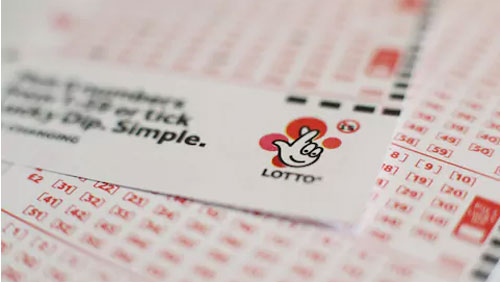British spending watchdogs are scratching their heads as they try to reconcile how UK National Lottery operator Camelot UK Lotteries Ltd. (Camelot) managed to grow its profits over a seven-year period but failed to boost its good causes contributions.
 The Guardian reported that the UK parliament launched an inquiry into whether Camelot had been remiss in its duty to shore up the profits of the National Lottery good causes.
The Guardian reported that the UK parliament launched an inquiry into whether Camelot had been remiss in its duty to shore up the profits of the National Lottery good causes.
Meg Hillier, chairperson of Westminster’s public accounts committee, expressed suspicion that Camelot might not be operating within the National Lottery Act after the National Audit Office (NAO) reported that the income for good causes fell by 15 percent.
Hillier pointed out that the dwindling income for good causes was in stark contrast with Camelot’s profits, which she said grew by 122 percent in the past seven years.
“Profits increasing while money for good causes falls really does go against the spirit of the act. We need to dig into how such a huge increase in profits can occur,” she said, according to the news agency.
The National Lottery was created in order to help fund the arts, sports, heritage, health, education, the environment, and charitable sectors.
Statistics, however, show that Camelot has yet to deliver its promise as income for good causes dropped to £1.63 billion (US$2.19 billion). Meanwhile, three of the other six largest Lottery distributors hiked their grant commitments by a total of £88 million ($118.18 million).
Camelot reported that lottery sales jumped 27 percent to £6.9 billion while returns for good causes grew 2 percent to £1.5 billion ($2.01 billion) between 2009-10 and 2016-17.
A Camelot spokesman told the news agency that 95 percent of all National Lottery revenue – which is one of the highest percentages in the world – is given back to winners and the society.





